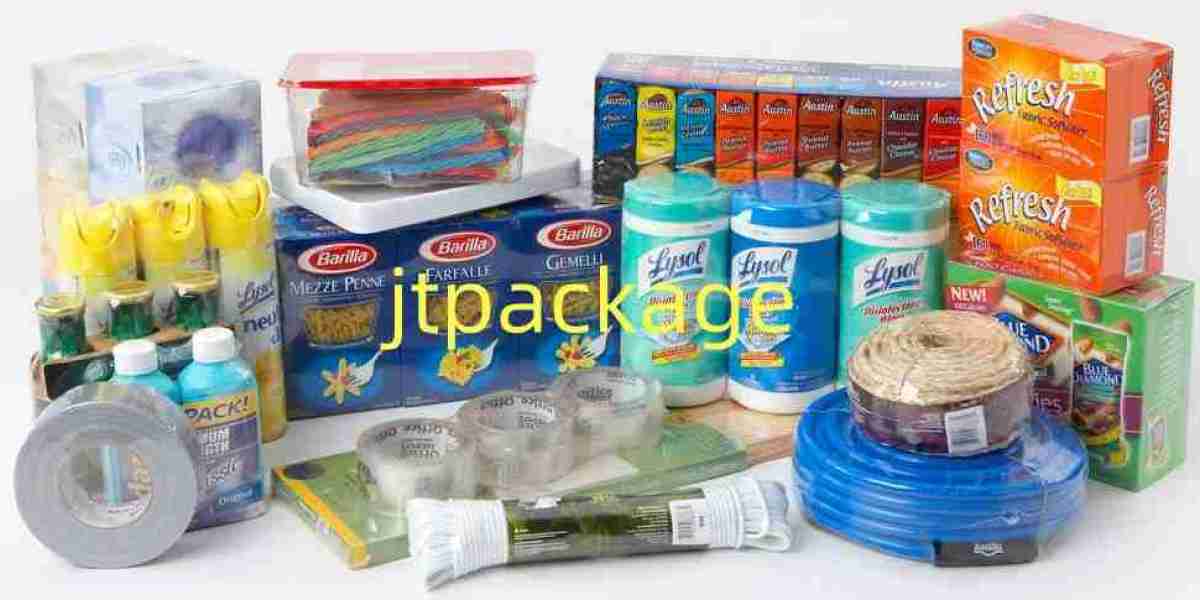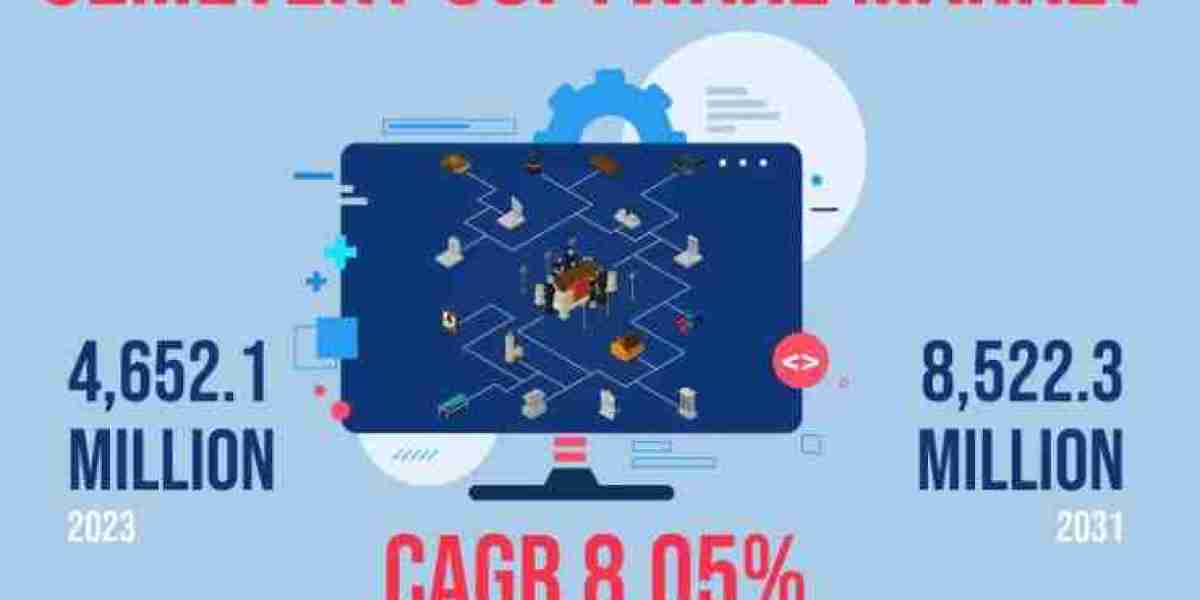Introduction
The industrial coating market is undergoing a transformation driven by technological advancements, sustainability concerns, and increasing demand for high-performance coatings. Innovations such as artificial intelligence (AI), nanotechnology, and smart coatings are revolutionizing the industry by enhancing efficiency, durability, and environmental compliance. These breakthroughs are not only improving the quality and longevity of coatings but are also expanding their applications across automotive, aerospace, construction, and manufacturing sectors. This article explores how these emerging technologies are reshaping the industrial coating market and driving future growth.
The Impact of AI on Industrial Coatings
1. AI-Driven Formulation Development
AI is playing a crucial role in optimizing coating formulations, enabling manufacturers to develop high-performance coatings with improved properties. By leveraging machine learning and predictive analytics, companies can analyze vast datasets to identify the optimal combination of raw materials, leading to enhanced corrosion resistance, durability, and sustainability.
2. Automated Quality Control and Defect Detection
AI-powered image recognition and sensor technology are improving quality control processes in industrial coatings. Automated defect detection systems use AI algorithms to identify surface imperfections, inconsistencies, and coating thickness variations in real time, reducing waste and enhancing production efficiency.
3. Predictive Maintenance and Process Optimization
AI is being used to monitor coating application processes and predict potential failures before they occur. AI-driven systems collect real-time data from coating equipment and production lines, allowing manufacturers to optimize coating thickness, drying times, and curing conditions, ultimately improving efficiency and reducing downtime.
Nanotechnology: Enhancing Coating Performance
1. Improved Durability and Corrosion Resistance
Nanotechnology has revolutionized coating formulations by incorporating nano-sized particles that enhance abrasion resistance, chemical stability, and UV protection. These coatings provide superior protection for industrial equipment, infrastructure, and vehicles, extending their lifespan and reducing maintenance costs.
2. Self-Cleaning and Anti-Fouling Properties
Nanocoatings are being developed with self-cleaning and anti-fouling properties, making them ideal for applications in marine, healthcare, and energy sectors. These coatings repel dirt, water, and contaminants, ensuring longer-lasting surface protection and reducing the need for frequent cleaning and recoating.
3. Enhanced Adhesion and Surface Performance
The application of nanotechnology in coatings improves adhesion properties, enabling coatings to bond more effectively with different substrates, including metals, plastics, and composites. This leads to increased impact resistance, flexibility, and mechanical strength, making coatings more reliable in extreme environments.
Smart Coatings: The Future of Industrial Protection
1. Self-Healing Coatings
Smart coatings with self-healing capabilities are one of the most promising innovations in the industrial coating market. These coatings automatically repair minor scratches and cracks, preventing corrosion and extending the life of coated surfaces. Industries such as automotive, aerospace, and infrastructure are increasingly adopting self-healing coatings to enhance durability and reduce maintenance costs.
2. Responsive Coatings for Environmental Adaptation
Smart coatings can adjust their properties in response to environmental conditions, such as temperature changes, humidity, and mechanical stress. For example, thermochromic and photochromic coatings change color based on temperature or light exposure, offering functional and aesthetic benefits for industries such as architecture, automotive, and consumer electronics.
3. Anti-Microbial and Anti-Corrosive Coatings
With the growing emphasis on hygiene and safety, anti-microbial coatings are gaining traction in healthcare and food processing industries. These coatings prevent bacterial growth on surfaces, reducing the risk of contamination. Additionally, anti-corrosive smart coatings are being used in marine, oil & gas, and industrial equipment to enhance material protection in harsh environments.
Market Growth and Expansion Opportunities
1. Increasing Demand from Key Industries
The adoption of AI, nanotechnology, and smart coatings is driving growth across multiple industries:
Automotive & Aerospace: Advanced coatings improve fuel efficiency, weight reduction, and surface protection.
Construction & Infrastructure: Protective coatings enhance the durability of bridges, buildings, and industrial structures.
Energy Sector: Wind turbines, solar panels, and pipelines benefit from corrosion-resistant and self-cleaning coatings.
2. Regulatory Compliance and Sustainability Initiatives
Stricter environmental regulations are pushing the industry towards low-VOC, waterborne, and bio-based coatings. AI and nanotechnology are helping manufacturers develop eco-friendly formulations that meet global regulatory standards without compromising on performance.
3. Expansion in Emerging Markets
Developing economies in Asia-Pacific, Latin America, and the Middle East are witnessing increased demand for high-performance coatings due to rapid industrialization and infrastructure projects. Companies investing in these regions are set to capitalize on growing market opportunities.
Competitive Landscape: Strategies for Success
1. Investments in R&D and Innovation
Leading companies are focusing on continuous research and development (R&D) to stay ahead of competitors. The integration of AI, nanotechnology, and smart coatings is enabling them to create next-generation industrial coatings with superior properties.
2. Strategic Collaborations and Partnerships
Manufacturers are forming partnerships with research institutions, raw material suppliers, and technology providers to accelerate the development of innovative coatings. Collaborations are also helping companies expand their market reach and enhance supply chain efficiency.
3. Customization and Digital Coating Solutions
With advancements in 3D printing and digital coating applications, manufacturers are offering customized coating solutions tailored to specific industry needs. Digitalization is improving coating application precision, reducing material waste, and lowering production costs.
Conclusion
The industrial coating market is evolving rapidly, with AI, nanotechnology, and smart coatings driving significant advancements. These technologies are enhancing coating performance, sustainability, and industrial applications, unlocking new growth opportunities. As industries seek durable, efficient, and environmentally friendly coatings, companies investing in innovation, sustainability, and digital transformation will lead the market in the years ahead. The future of industrial coatings lies in the integration of cutting-edge science and intelligent automation, ensuring superior protection and performance across global industries.




